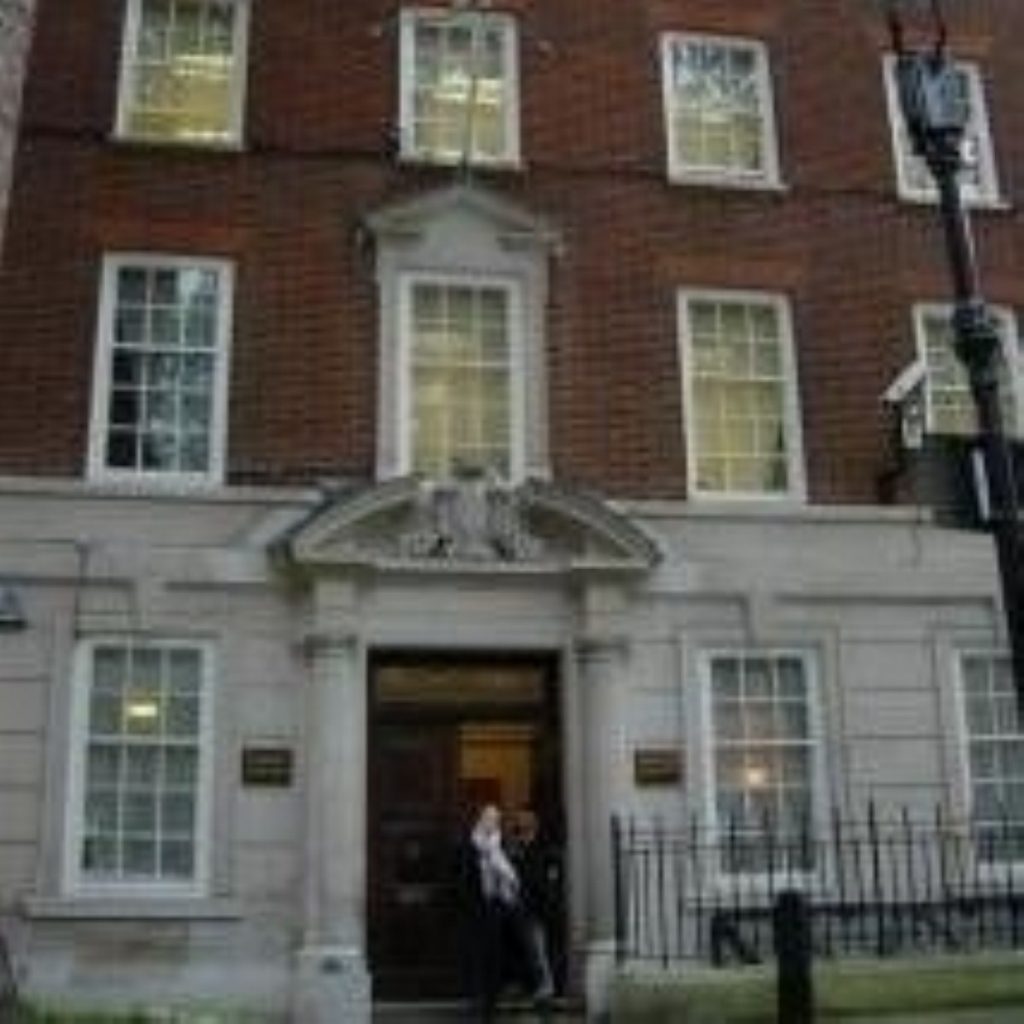Conservatives claim NHS waiting lists ‘getting longer’
The Conservatives have today claimed that waiting lists at 53 hospital trusts are longer this year than they were in 2000.
The Opposition claims that these findings signal that overall NHS waiting list figures are concealing the fact that the situation is getting worse.
The Tory figures also show that 12 of these trusts had been granted three star status.
The study, which compared the total inpatient lists for each trust in December 2000 with the inpatient lists in March this year, revealed that 53 out of the 186 trusts in England had more people waiting for an operation this year than in December 2000.


A contrasting picture to that painted by a recent Government report on the NHS, which showed that the number of people waiting for operations has fallen below the one million mark for the first time in ten years.
However, Shadow Health Spokesman, Chris Grayling accused Alan Milburn, Health Secretary of skewing the real story by focussing on one aspect of the data.
Mr Grayling said: ‘In the data he tried to hide away we see that 53 hospital trusts have longer waiting lists now than they did in 2000’.
He went on to argue that the fact that 12 of the 53 have been awarded three star status despite their dismal performance in reducing waiting lists, undermines the Government’s rating system.
In an interview on Radio Four’s ‘Today’ programme, Mr Grayling also criticised the increasing emphasis on targets.
He said: ‘Almost every doctor in the NHS today will tell you that the target culture has taken over, that hospital management is driven by the need to meet targets, that clinical decisions are often being set to one side in order to ensure the targets are met.’
His overall analysis was ominous – he said that there is ‘something rotten at the heart of the system and that something rotten has to be solved’.
The criticism comes as new research by the Society of Radiographers shows that hospital staff shortages are causing people with cancer and other patients to wait months for scans or radiotherapy treatment.
Only a third of the survey’s respondents suggested that women with breast cancer were being treated within the recommended time, with other patients in a similar situation.

